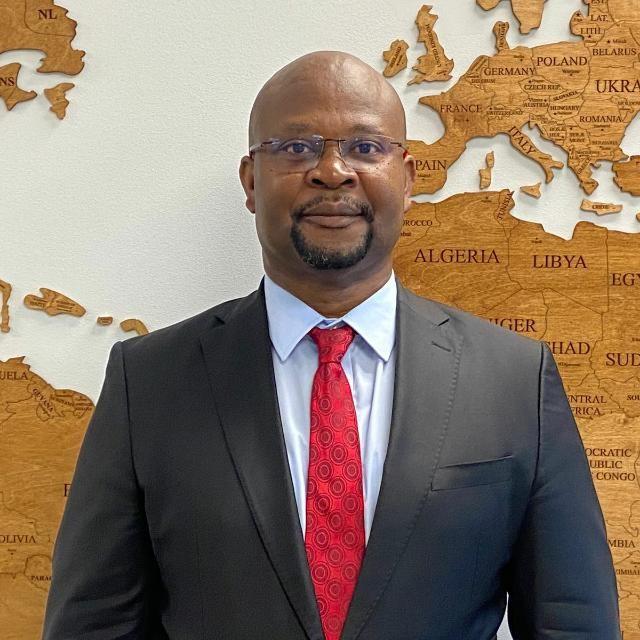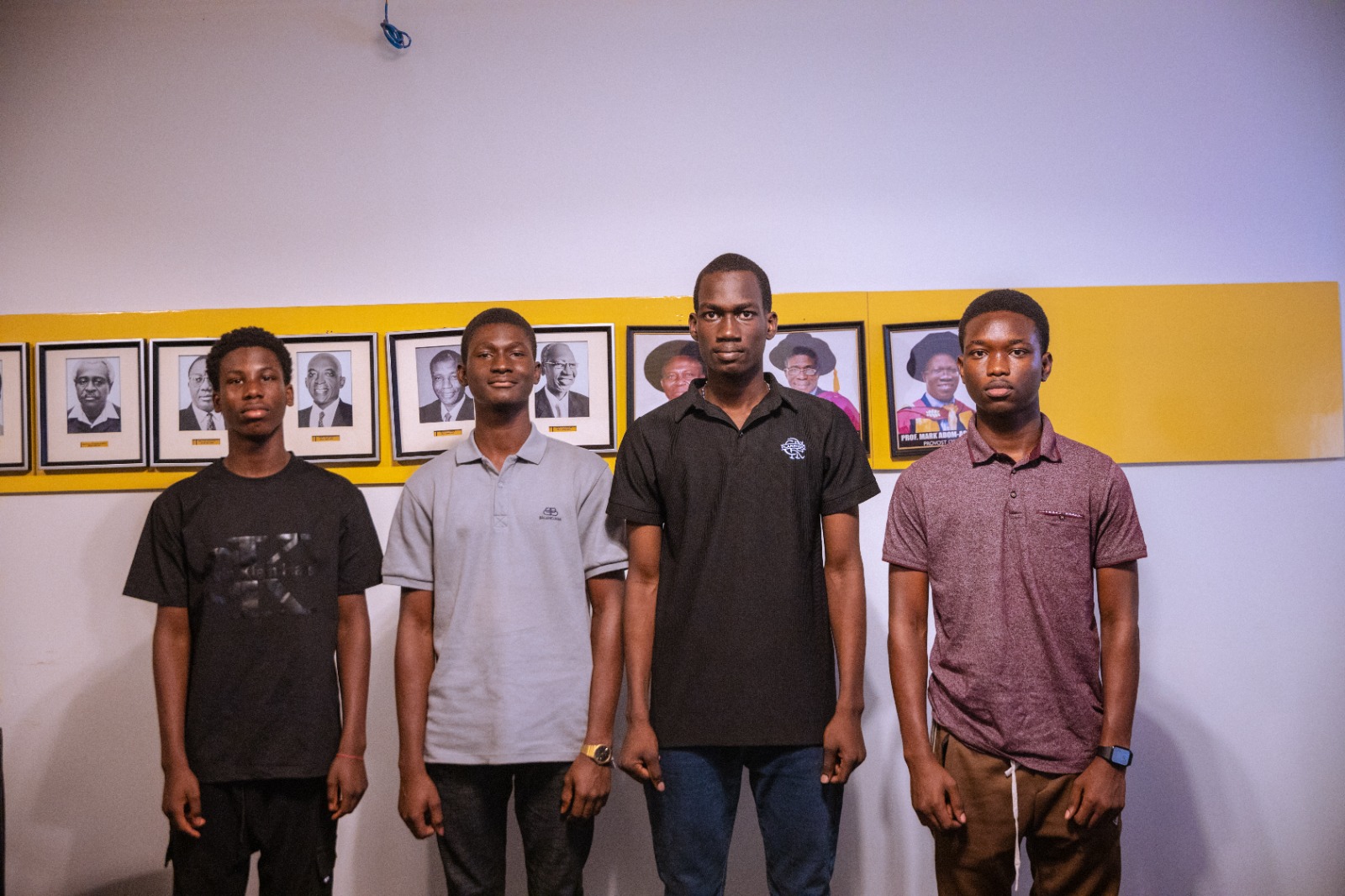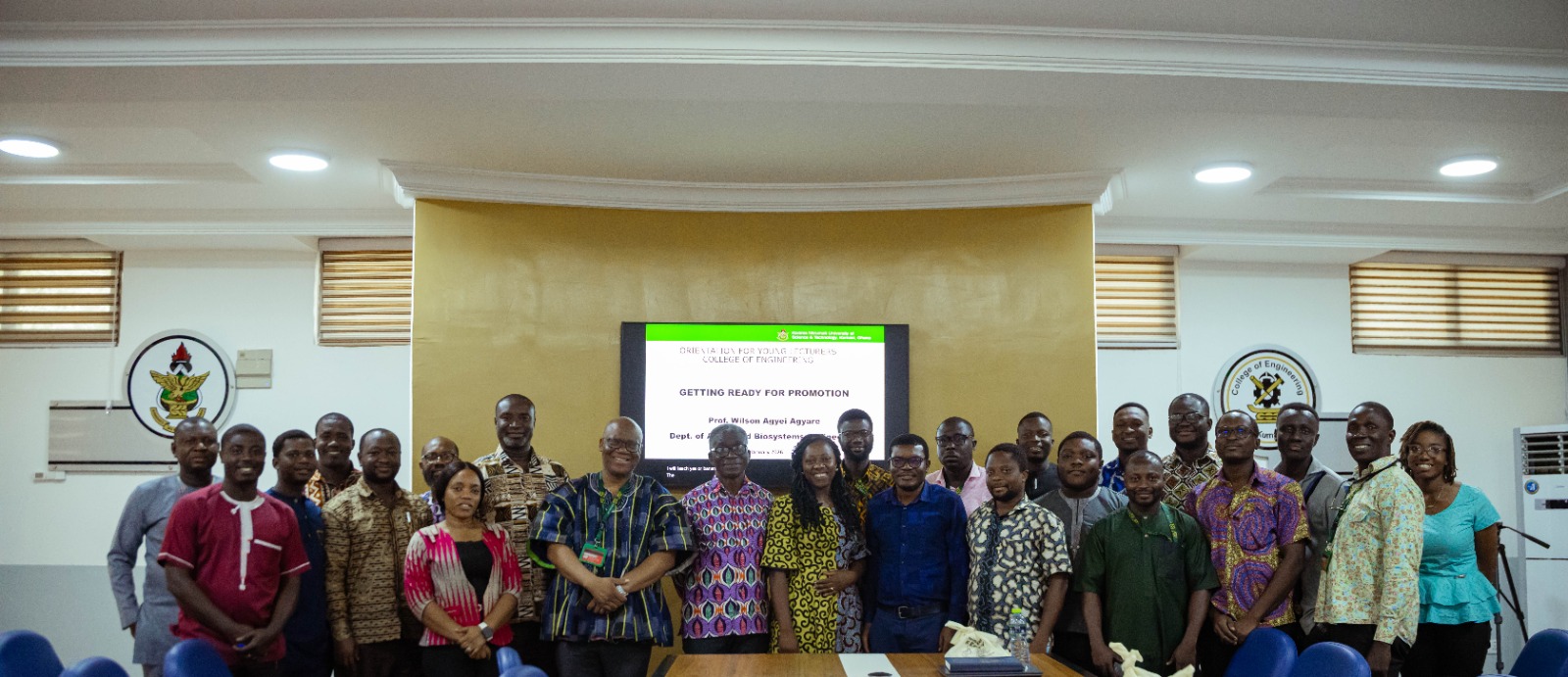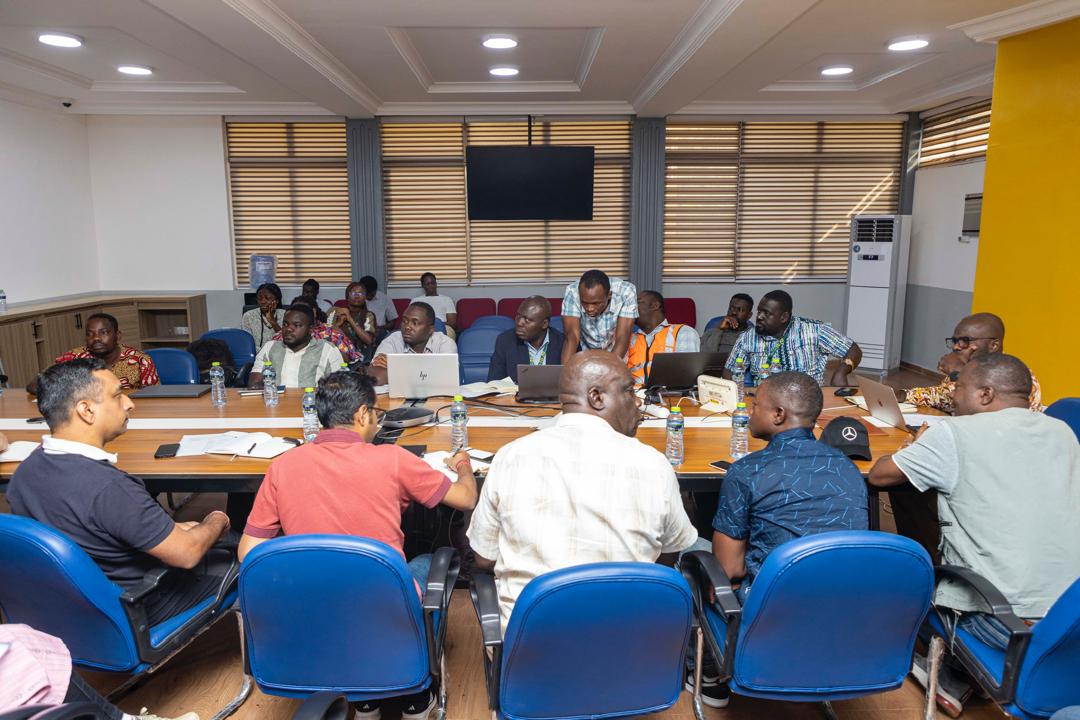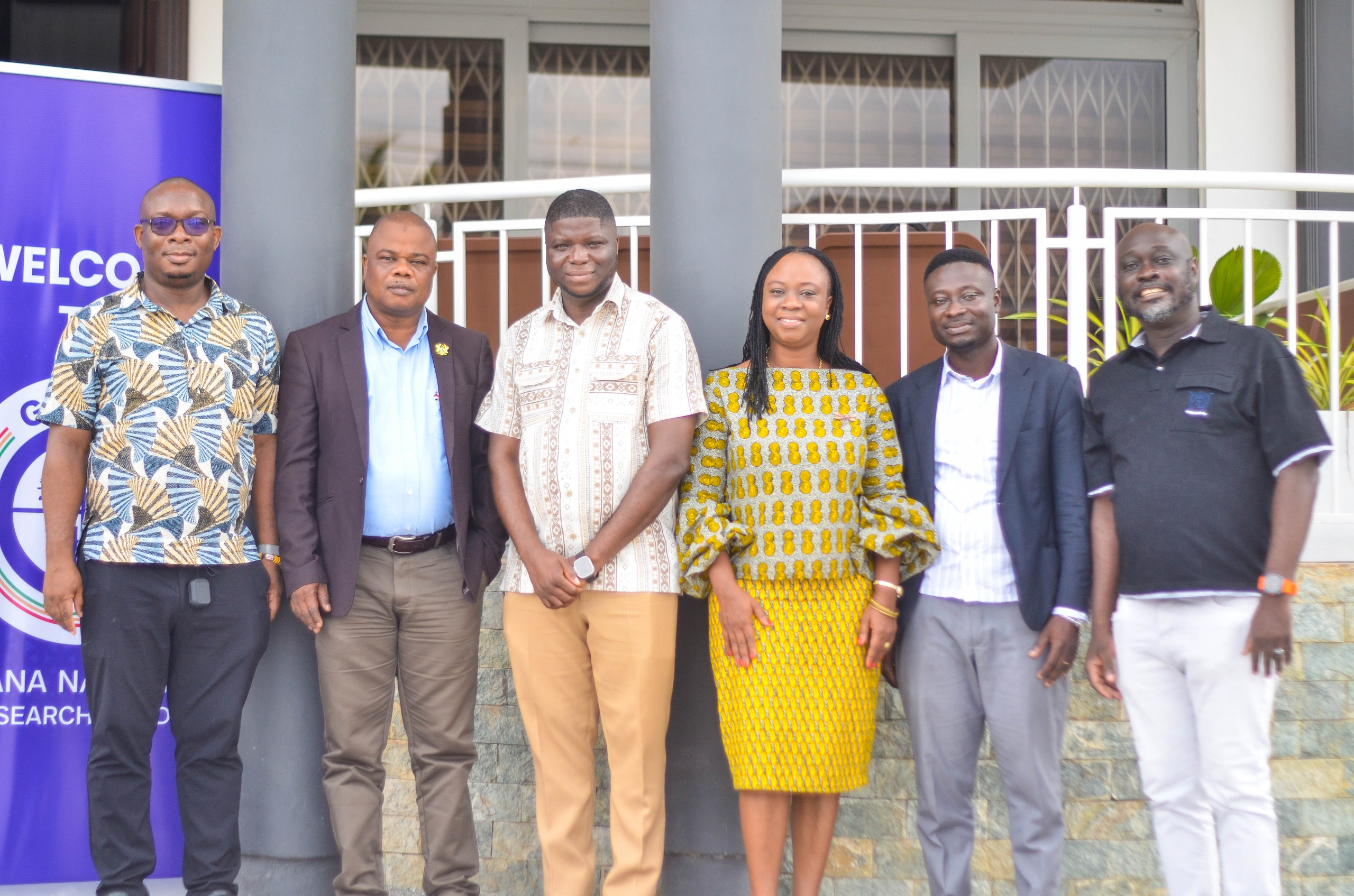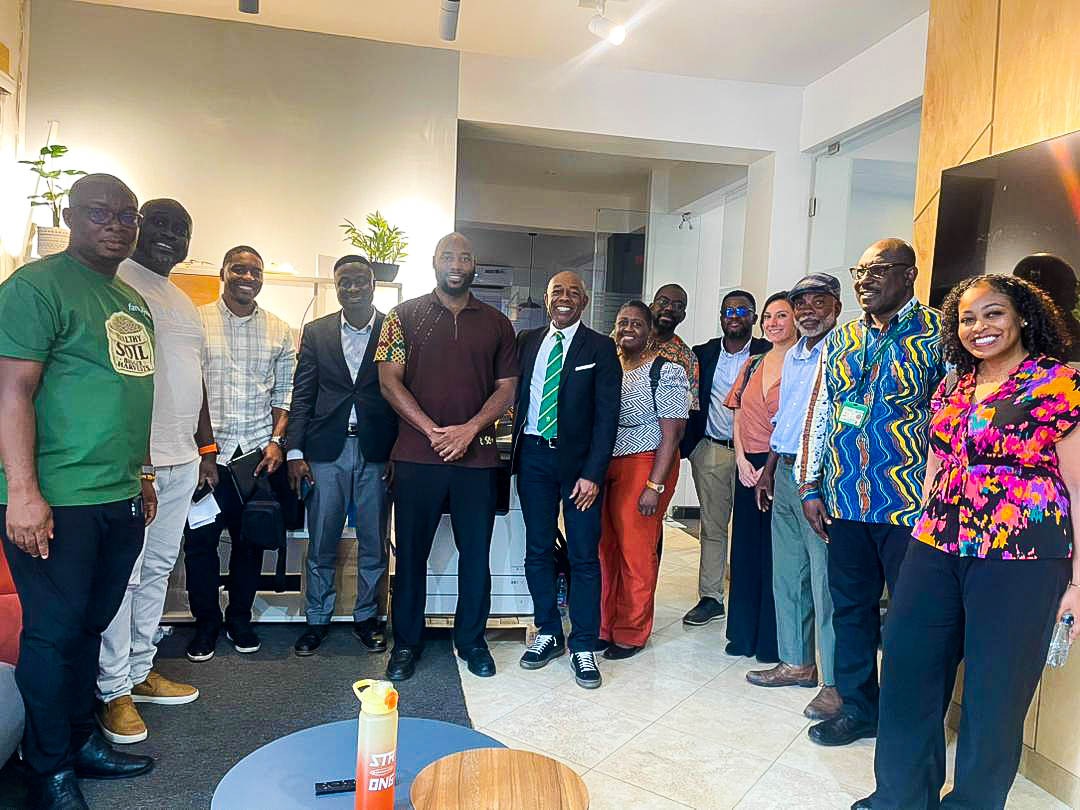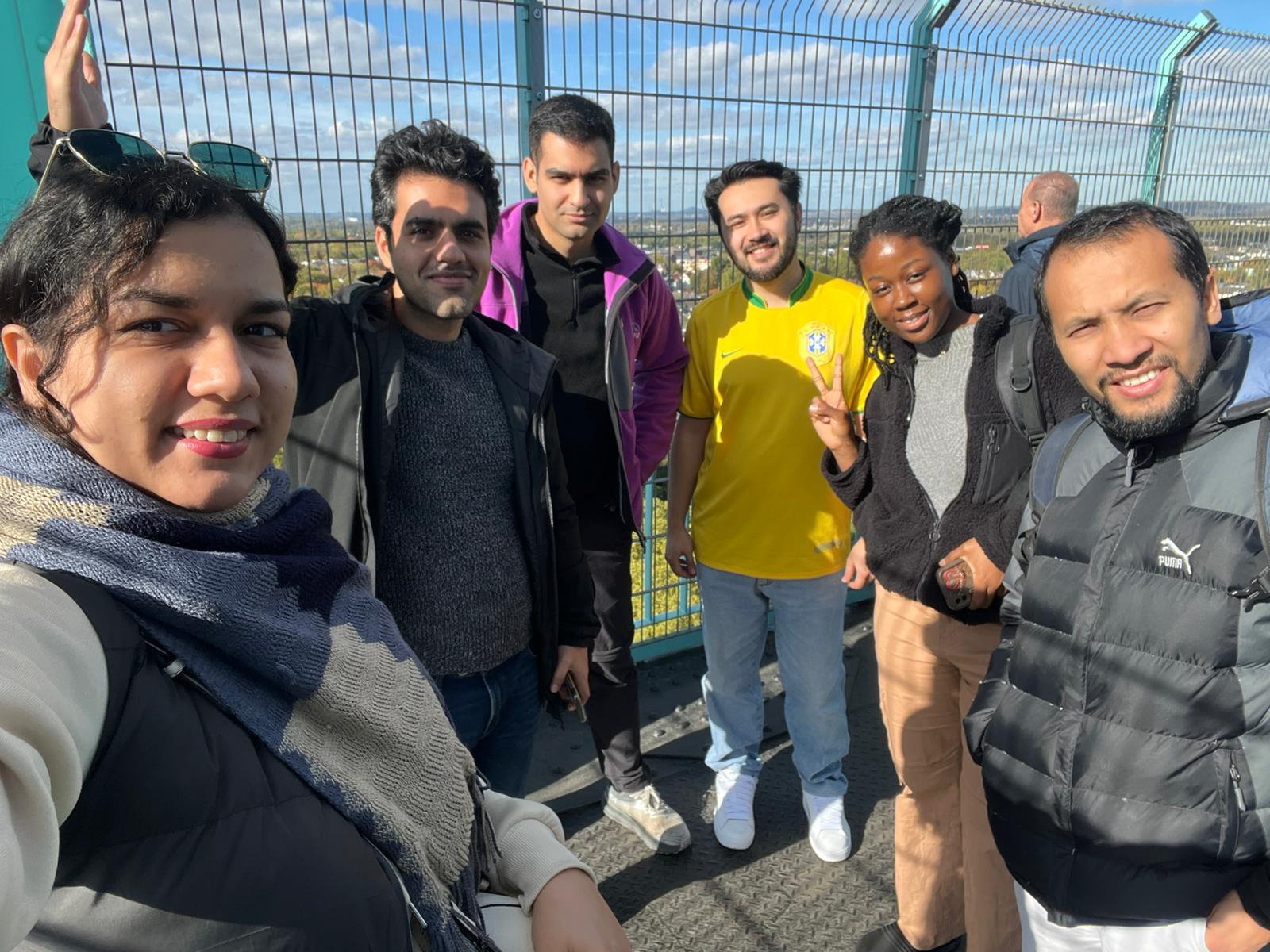Ing. Anthony Anyimadu’s journey is one of a dedicated engineering professional who carved his path through academia and industry to shape global mineral processing. His story begins with a recent, prestigious appointment: he was named Global Vice President for Mineral Processing and Head of Africa for AMIRA, the world’s longest-running research collaboration in mining and associated sciences. AMIRA connects mining producers, suppliers, and technology providers across the globe, from North and South America to Australasia and Africa. The organization, founded as the Australian Mineral Industry Research Association by mining giants such as Billiton and Rio Tinto, has since fostered international research and practical standards in geosciences and mineral engineering.
Anthony’s involvement with AMIRA began in 1995, rooted in his postgraduate research at the University of Cape Town. His academic journey had earlier led him from a research assistantship at KNUST to UCT’s renowned mineral research facilities, where he engaged with AMIRA’s P9 project, a benchmark initiative on optimizing mineral processes. After graduating, Anthony continued his work in mineral processing as a Senior Research Metallurgist at the Anglo Platinum Research Centre. This role connected him with AMIRA’s projects, funded by AngloPlat, where he spent years working at the nexus of research, academia, and industry.
With his extensive experience, Anthony took on his current AMIRA roles in 2022. In his role as General Manager for AMIRA Africa, Anthony collaborates with AMIRA’s board to devise strategies for strengthening Africa’s mining sector. He leads initiatives like the Pan African Decarbonisation Institute, which fosters regional partnerships to drive mining decarbonization, and the AMIRA Centre for Excellence, designed to improve efficiency and sustainability in mining. His vision includes setting up research consortia across African institutions, with strategic support from government bodies to bolster skills transfer and sustainable practices, particularly in Ghana.
Reflecting on his formative years at KNUST, Anthony recognized the enduring impact of adjunct lecturers who brought real-world industry experience to the classroom, shaping a generation of engineers through practical knowledge. Now, he emphasizes the importance of modern education systems supported by industry involvement to ensure graduates are equipped for complex engineering challenges. He actively supports initiatives like the College of Engineering Endowment Fund, seeing it as vital for the continuous improvement of educational standards.
In sharing lessons from his career, Anthony believes communication skills, teamwork, and a strong foundation in basic sciences are essential for engineering success. His advice to young engineers is rooted in a balance between technical expertise and soft skills, urging them not to rely solely on rote applications but to innovate and adapt to Ghana’s unique needs. Anthony’s career is also a testament to his passion for sustainable design, which he champions as the optimal, long-term solution in mineral processing. For Anthony, the ability to improve industries and interact with exceptional professionals across the globe has been the pinnacle of a fulfilling engineering career.


